The Hague Court of Human Rights is the most famous and reputable international legal body. The extension of its jurisdiction applies to all countries that are members of the Council of Europe and have ratified the Convention on Human Rights. It considers both international affairs and the complaints of individual citizens. The Russians got the opportunity to seek help from this legal authority in 1998.
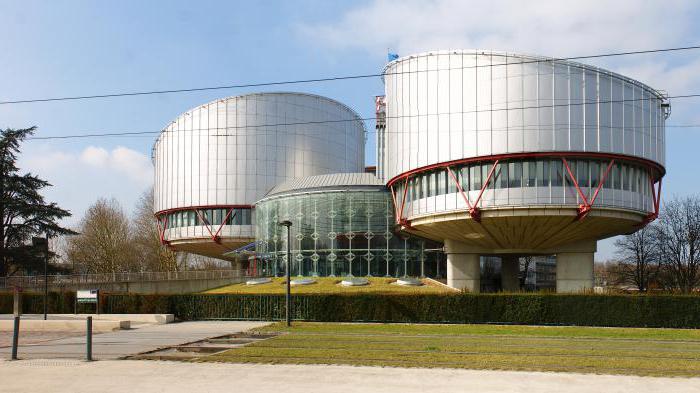
How did the Hague court appear?
The Convention for the Protection of Human Rights in Europe was adopted in 1953, after which the Hague Court of Human Rights appeared. The Convention not only formulated the fundamental rights of every citizen, but also stipulated a special mechanism for their protection.
At first, three organs were included in this mechanism. It was they, ultimately, who were responsible for complying with the obligations that all participating States assumed. These were the European Commission responsible for the observance of human rights, the European Court of Human Rights and the relevant committee of ministers. In 1998, the European Court of Human Rights was merged with the commission.
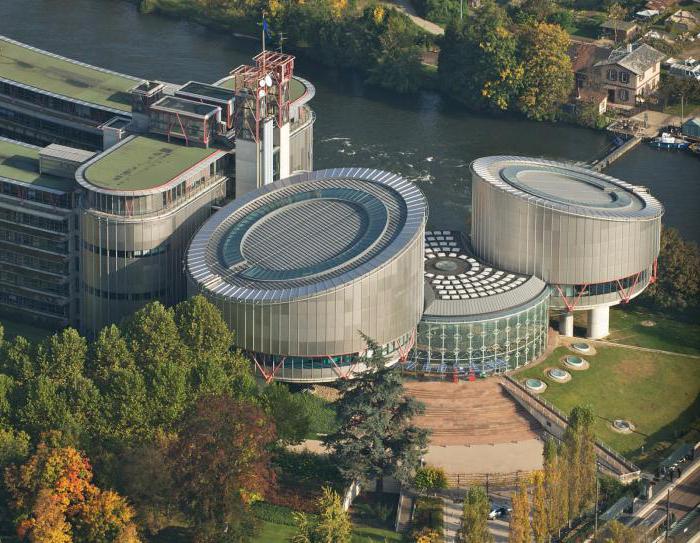
Handling complaints
Initially, all complaints submitted to the Hague Court of Human Rights were first examined by the commission. Moreover, it did not matter who in this case was the plaintiff, the state or an individual citizen.
The Commission made the final decision whether the appeal was acceptable. In the case of a positive decision, it was referred to the court. It was there that it was already considered on the merits.
If the complaint did not go to court, then the committee of ministers took a decision on it. After 1994, the plaintiffs obtained the right to independently submit their case to court, even if the commission refused.
The duties of the court include strict observance of the norms of the convention adopted by its participants. Concrete cases of individual citizens, lawsuits from a group of individuals, as well as non-governmental organizations are considered. It also happens when plaintiffs are states that accuse other countries of violating the rules of the convention.
Prior to its reform in 1998, the European Court delivered verdicts in nearly 900 cases. In most cases, citizens became plaintiffs. The reform has significantly increased the activity of the court. Over 12 years, more than 12 thousand decisions have been made. Today, all major decisions are made by the European Court of Human Rights, located in Strasbourg, France.
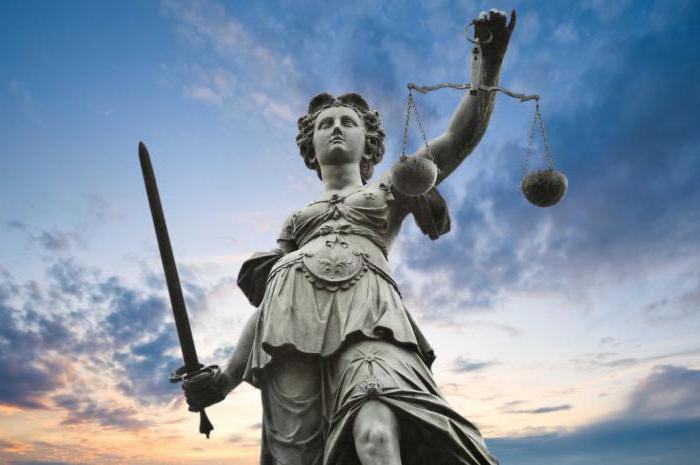
Complaint Procedure
In order for a complaint to go to the Hague Court of Human Rights, several conditions must be met.
First, you can only apply for the protection of the rights and freedoms of a citizen, which are guaranteed by the mentioned convention and its protocols. Secondly, complaints are accepted, both from an individual and from a group of persons who claim to be victims of human rights violations by the state that has signed the convention.
In all these cases, it is not necessary for the applicant to be a citizen of a state that is a member of the Council of Europe.
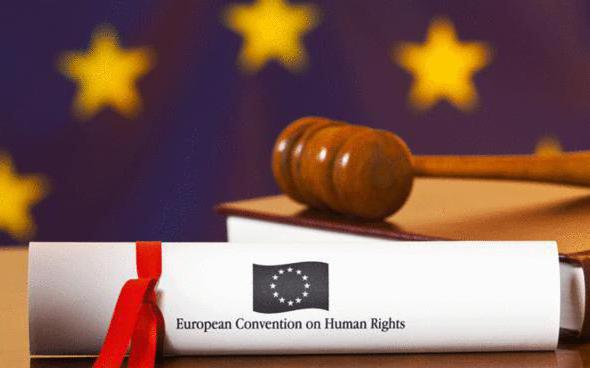
The Hague Court
However, the Hague International Court of Justice should not be confused with the Human Rights Court. Although both are international legal institutes, they are involved in several different things.
From this article you will learn what the Hague court is, where it is located, in which country. The Hague is called the international court of the UN, which began its work in 1946.The decisions of the Hague Court are binding on countries of the United Nations.
At the first meeting, the chairman of the UN General Assembly, Paul-Henri Spaak, noted that there was no more important body.
Where is the Hague court located?
Many people ask: if this is the Hague court, in what country is it located? The body works in the Netherlands. The city of The Hague, with a population of about half a million people. This is the third largest Dutch city in which all the largest international legal bodies are located, including those related to the UN. So now, upon hearing the name The Hague Court, the country in which it is located will be known to you.
Currently, its chairman is the Frenchman Ronnie Abraham, who took this post in 2005. His powers will expire in 2018.
What if you want to appeal to the Hague Court of Human Rights? The address will help you with this. It is best to immediately write in English, so more likely that the letter will reach. The Netherlands Hague Court of Arbitration 2. So your appeal is guaranteed to go to the Hague Court of Human Rights. Where this law school is located, you are now aware.
However, you need to know that in The Hague, as a rule, they consider cases related to the jurisdiction of the United Nations. The European Court in Strasbourg is directly involved in human rights.
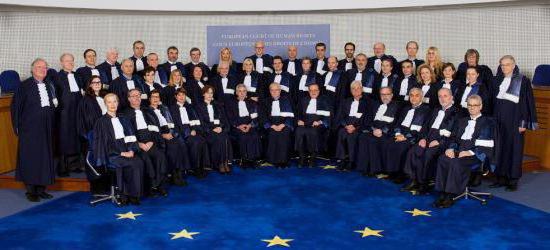
How to file a complaint with the ECHR?
In order for your appeal to be considered, you must apply to the European Court of Human Rights no later than six months after the issue has been finally considered by the competent state body. This must be strictly monitored, since it will not be possible to restore this period.
Only complaints filed for violations that occurred after the state has ratified the relevant convention will be considered. In the case of Russia, this period begins from May 5, 1998 to the present day, inclusive.
It is important that your appeal is accepted, it must be recognized as acceptable. For this, it is necessary to completely exhaust all means of protecting their rights within their own state. Applicable for the Russian Federation, it makes sense to appeal to the ECHR only after negative decisions are received at the first, appeal and cassation instances.
And finally, the last, but no less important. Complaints must necessarily relate to events for which the state is directly responsible. This court does not accept or consider complaints against organizations or individuals.
Court jurisdiction
In Russia, the jurisdiction of the European Court of Human Rights has been recognized as mandatory since 1998. Therefore, if any violation of human rights occurs, the ECHR has the right to bring claims to the state in connection with violations of the provisions of the convention and the rules of the protocols regarding citizens.
After May 1998, they are an integral part of the legal system of the state. Moreover, if they conflict with national laws, it is important to know that the ECtHR verdicts are more powerful.
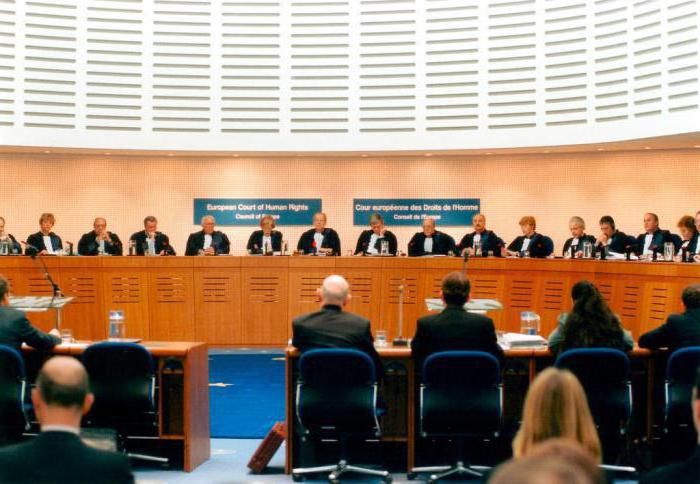
Decisions of the ECHR
There are several main types of decisions that the ECHR makes. In total there are more than ten species. However, most often applicants are confronted with only a few of them.
The court can make a decision on the inadmissibility of the complaint, or separate the case into a separate proceeding, or make a final decision on the case, the so-called ruling. Only in the latter case does the ECHR recognize a violation of human rights.
Which countries most often apply to the ECHR?
Currently, the top five countries in terms of the number of appeals to the European Court of Human Rights include Russia, Italy, Ukraine, Serbia and Turkey. They account for about 65% of all complaints received by the ECHR. This is due not only to problems with the observance of human rights that exist in these states, but also to their large numbers.
Therefore, it will be more correct to pay attention to statistics that calculates the number of complaints per capita. In this case, of the above countries, only Serbia retains the position at the top of the list. Next to it are Croatia, Moldova and Montenegro. Russia is outside the top twenty. Least of all, the British, Irish, Danes and Spaniards apply to the ECHR.
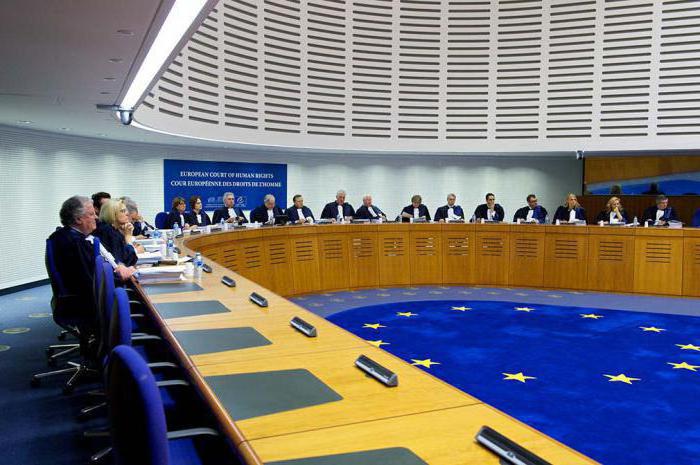
Russia and the ECHR
Our country has its own judge in the European Court of Human Rights. At the moment, this is Dmitry Dedov, who took this post in 2012. He previously worked in the Supreme Arbitration Court. He is a Doctor of Law and has published monographs on conflict of interest and the legal method.
Previously, his predecessors were Vladimir Tumanov, who headed the Russian Constitutional Court in the mid-90s, and Anatoly Kovler, who had been working in this post for 14 years. Recently, Anatoly Ivanovich was an adviser to the Constitutional Court; since 2016, he has been a member of the Venice Commission of the Council of Europe. This is an advisory body specializing in constitutional law. He got his name, as he regularly gathers in Venice.
Moreover, in Russia, decisions made by the European Court of Human Rights have been repeatedly criticized. In particular, Minister of Foreign Affairs Sergey Lavrov called some decisions of the ECHR politicized. For example, the head of the department referred to them the case of Ilie Ilascu, a well-known Moldovan and Romanian politician who participated in the Transnistrian conflict. Subsequently, he spent 8 years in prison in Transnistria.
The ECHR ordered Russia to pay him almost 200 thousand euros in moral compensation. In prison, he was detained with accomplices, suspecting murders during the armed conflict in the early 90's.
In 2015, deputies of the Russian parliament even filed an initiative with the Constitutional Court. They were interested in the question of whether recognition of the ECtHR judgments is possible contrary to the provisions of the Russian Constitution. So, optional for execution.
The Yukos case was cited as an example, as well as the Gladkov and Anchugov trial on the prohibition of citizens serving sentences in places of deprivation of liberty participating in elections. The ruling of the Russian Constitutional Court states that Russia can withdraw from its obligations only if this is the only way to prevent a violation of fundamental constitutional principles.
At the moment, a large number of Russians continue to appeal to the European Court of Human Rights. All of them hope for help and a positive solution to their affairs.